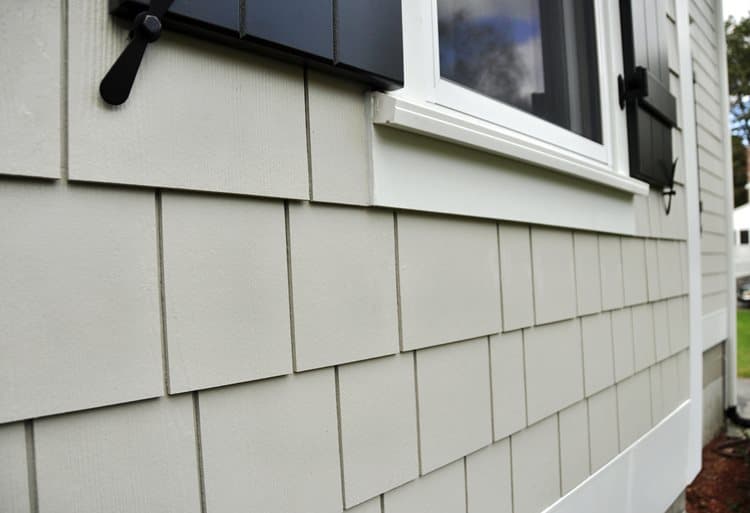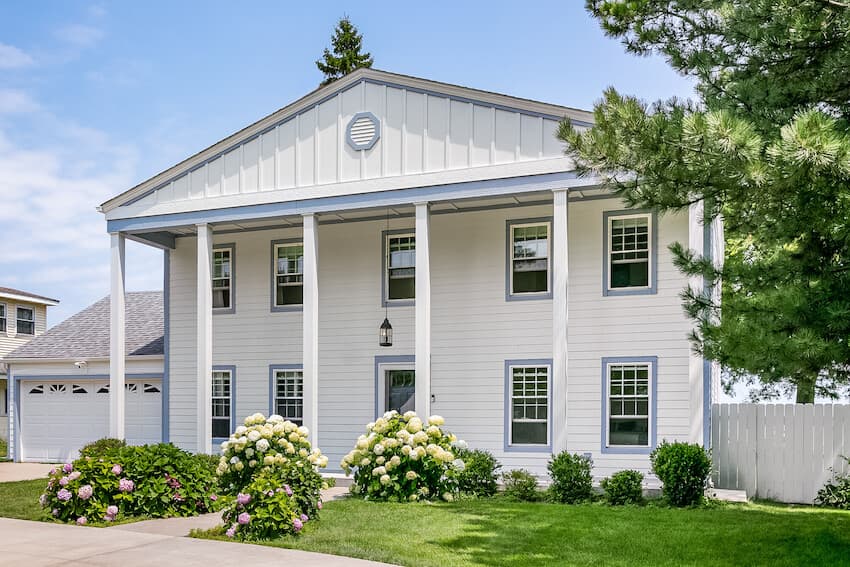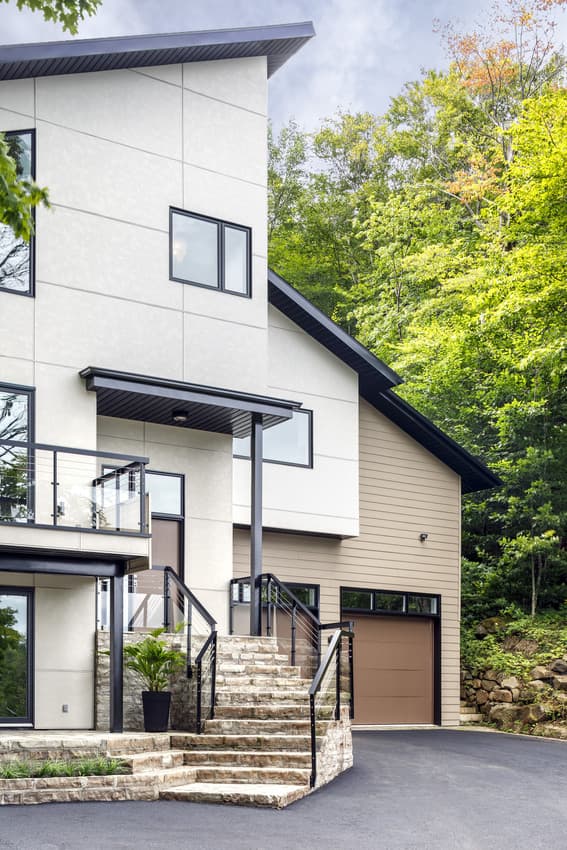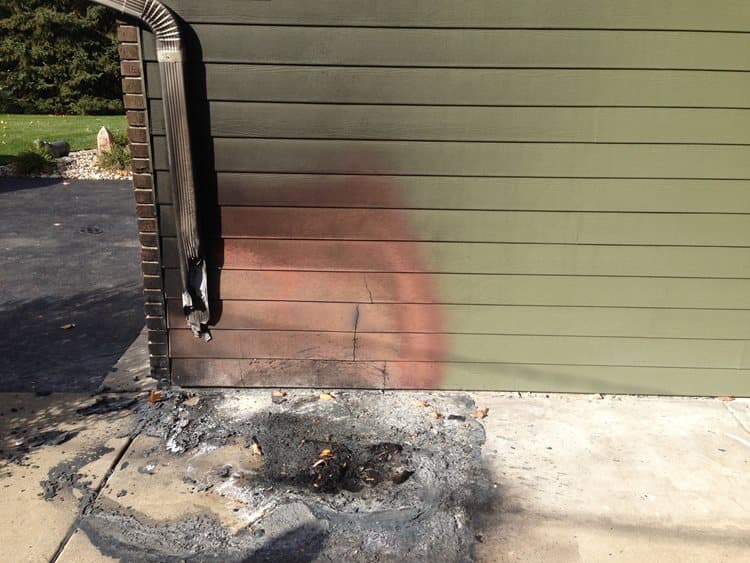What is fiber cement siding and why Hardie® products are the superior choice for homes across the world
Fiber cement siding is a durable, long-lasting and low-maintenance material that’s used on residential houses and some commercial projects.

If you’re thinking about replacing your siding or are choosing an exterior for a new home, you’ll soon discover the different types of exterior materials available, including fiber cement. We’ll take you through the essential information about fiber cement to help you make an informed decision about installing it on your house.
Fiber cement siding is a semi-rigid material that provides substantial protection, while still maintaining some flexibility. A great way to evaluate the product is to see it for yourself, which you can do by requesting a free sample.
WHAT IS FIBER CEMENT SIDING MADE OF?


Fiber cement is made up of a few simple ingredients: Portland cement, sand, water, and cellulose fibers. However, the composition will change depending on the manufacturer. James Hardie’s formulation includes propriety additives that enhance the performance of the product.
HOW MUCH DOES FIBER CEMENT SIDING COST?
Fiber cement is long lasting and provides excellent overall value. Generally, it costs less than brick, synthetic stucco and some wood siding options. It’s typically equally or less expensive than hardboard or composite siding, and more expensive than vinyl. Since James Hardie® products are sold through independently operated dealers, and because every project is unique, there’s no one-size-fits-all pricing. The best, most accurate way to get an estimate for your siding project is to get a quote from a local contractor who’s experienced in installing fiber cement siding.
HOW DOES FIBER CEMENT SIDING PERFORM?

Fiber cement siding has performance advantages over traditional siding materials like wood and vinyl. While performance varies by manufacturer, James Hardie fiber cement siding is: - Non-combustible. It will not ignite when exposed to a direct flame, nor will it contribute fuel to a fire.
- Created to withstand damage from moisture and rot.
- Engineered to stand up to the demands of your specific climate.
- Unappealing to woodpeckers, termites and other pests.
You can further explore the performance of James Hardie fiber cement siding, or discover how it compares to other siding materials.
HOW DO I MAINTAIN FIBER CEMENT SIDING?
Fiber cement siding is a low-maintenance exterior option for your home. The extent and nature of maintenance required will depend on your geographical location, exposure of the building and whether you have prefinished siding or if it will be painted on site. James Hardie’s prefinished products with ColorPlus® Technology resist fading, chipping, and cracking, meaning less maintenance for you. If you need to clean your James Hardie siding, we recommend a soft brush and a garden hose. You can read more about how to clean fiber cement siding.
WHAT STYLES ARE AVAILABLE?
You’ll get plenty of design flexibility from fiber cement siding as it comes in a variety of textures such as woodgrain, smooth and stucco finishes, as well as a range of prefinished color options. In addition to textures and colors, there are several different siding profiles to help you create the right aesthetic for your home. James Hardie’s siding profiles include, HardiePlank® lap siding, HardiePanel® vertical siding, and HardieShingle® siding. James Hardie also produces a variety of HardieTrim® boards and HardieSoffit® panels to complete your home’s exterior.
START YOUR PROJECT
James Hardie can help guide you through your project with this helpful guide on tips for re-siding a house. If you’re building from the ground up, we also have a guide to building a house. The most important thing is to take your time making decisions so you’re happy with the new look of your home.